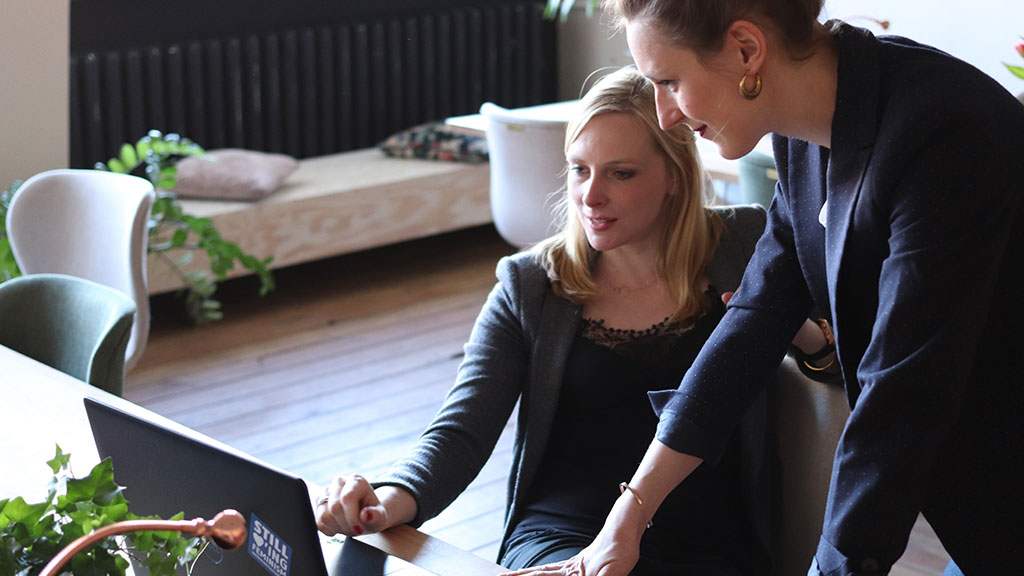UOC has world's best Spanish-language online MBA
According to FSO Ranking 2019, the UOC's Executive MBA tops the list
The study rates the quality of education in universities and business schools that offer an MBA programme or a master's degree in Business Administration and Management. This training must be taught at least 70% online and must have been running for at least five years. The study assessed the UOC's Executive MBA, which is directed at professionals with a minimum of five years' experience in the world of business administration and management who want to achieve higher-level positions focused on innovation, business creation, international business, new project management and digital businesses.
The academic director of the UOC's Executive MBA programme, Ramon González Cambray, explained that they have incorporated key aspects of digital business transformation, and that "students work in depth on elements related to the profound change that has taken place in how we understand and conceptualize business in a global environment".
In addition, González Cambray highlighted other strengths of the master's programme, such as the possibility of choosing between three different specializations, which allows the programme to meet the professional needs of every participant; the use of case method as a central element of 'learning by doing' employed on all courses; a practical and vocational focus geared towards equipping students with real-life skills; mentoring by an expert throughout an executive coaching process; the organization of interactive synchronous sessions with professionals of recognized expertise; the use of strategic and competitive business games, and the MBA Business Week, an on-site week of activities held in Barcelona where participants can enhance and develop their management skills.
For his part, the Deputy Dean of Emerging Programmes of the UOC's Faculty of Economics and Business, Dr Enric Serradell, explained that the consolidation of this position would not be possible were it not for an extraordinary team of highly expert professors with extensive professional experience, adding that, "MBA programmes are recognized all over the world because of their great applicability to management in businesses in any sector and of any size". The content creators for the MBA sought to incorporate professional guidance and skills-based design "to ensure a high level of flexibility when acquiring management knowledge and skills, which are elements that effectively offer our graduates a high degree of employability", Serradell explained.
Consequently, skills such as negotiation and customer-driven and performance-focused planning, and aspects such as emotional intelligence, creativity and change management are overarching cornerstones of the programme, and "result in a programme that is highly rated by graduates and businesses", he concluded.
Around 20 students are studying on the UOC's Executive MBA programmes. In terms of the students' profiles, 78% have previously completed a master's degree, 25% are general managers of companies and another 25% are departmental managers. The average monthly salary they earn on completion of the MBA is €8,000.
Studying for an MBA to improve employability
The Hamilton study notes that taking an MBA improves graduates' employability: it takes two and a half months for them to find work and 72.7% work in a profession related to the area of the master's degree they studied. The ranking also analyses the profile of the students choosing to take an MBA and concludes that 57% are men, with an average age of 35.4 and nine years' work experience.
The ranking is comprised of over 120 indicators that measure three aspects: the institution, with a 35% weighting, which measures accessibility to all training linked to the school and the programme, as well as the trust relationship between the student and the university; the actors, with a 15% weighting, which rates the programme management, teaching staff and the students (employability, internationalization and job bank); and the training, which accounts for 50% of the total of the study and takes into account the quality of the courses and the teaching methodology.
Press contact
-
Editorial department
